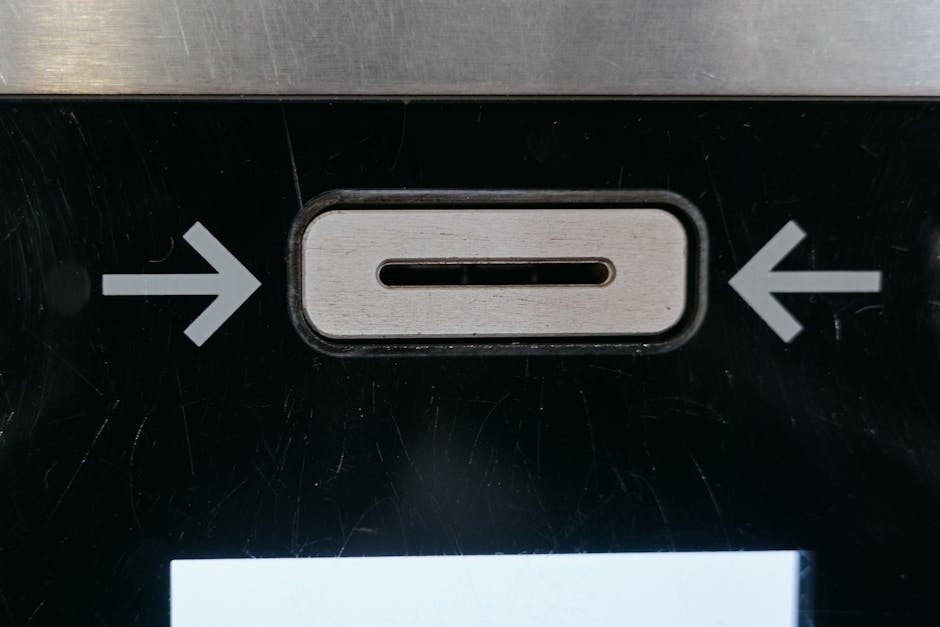Unlock encrypted content
Please enter your SSCE key to initiate on-the-fly decryption.
Decryption key: (Click cancel if you don't have the key)
Copied link to clipboard.
This feature is unavailable for free accounts. Upgrade now and enjoy all Premium benefits.
Go Premium!
This feature is unavailable for free accounts. Upgrade now and enjoy all Premium benefits.
Go Premium!
Please open this page in browser ( Google Chrome or Safari ) to use this feature.
Open In Browser
Machine Learning Algorithms: Revolutionizing the Future of Technology
Random related video for this blog.
Copied share link to clipboard.
From augmented reality to autonomous vehicles and the Internet of Things (IoT), these algorithms are transforming the way we interact with technology and the world around us. In this article, we will explore the applications of machine learning algorithms in various fields and how they are reshaping the future.
Augmented Reality: Enhancing our Perception of Reality
Augmented reality (AR) is a technology that overlays digital information onto the real world, enhancing our perception and interaction with the environment. Machine learning algorithms play a crucial role in AR by analyzing real-time data and providing relevant information to users. For example, AR applications can recognize objects in the user's surroundings and provide additional information about them, such as product details or historical facts. One practical example of machine learning algorithms in AR is the popular mobile app Pok�mon Go. The app uses machine learning to identify the user's location and overlay virtual creatures onto the real world through the smartphone's camera. This seamless integration of virtual and real elements is made possible by sophisticated machine learning algorithms that analyze the user's surroundings and provide accurate positioning and tracking.Autonomous Vehicles: Driving Towards a Safer Future
Autonomous vehicles, also known as self-driving cars, are another area where machine learning algorithms are making significant strides. These algorithms enable vehicles to perceive their environment, make decisions, and navigate without human intervention. By analyzing vast amounts of data from sensors, cameras, and radar systems, machine learning algorithms can detect and interpret objects, predict their behavior, and make informed decisions in real-time. Tesla's Autopilot is a prime example of how machine learning algorithms are revolutionizing the automotive industry. The Autopilot system uses a combination of cameras, radar, and ultrasonic sensors to collect data about the vehicle's surroundings. This data is then processed by machine learning algorithms, whichenable the car to navigate, change lanes, and even park itself. With continuous learning and improvement, autonomous vehicles are poised to transform transportation and make our roads safer.
Internet of Things (IoT) Data Storage: Managing the Data Deluge
The Internet of Things (IoT) refers to the network of interconnected devices that collect and exchange data. From smart homes to industrial sensors, IoT devices generate massive amounts of data that need to be stored and managed efficiently. Machine learning algorithms play a critical role in IoT data storage by optimizing resource allocation, analyzing data patterns, and providing real-time insights. FileLu, a leading cloud storage provider, offers advanced uploading tools and cloud storage pricing plans that cater to the growing demands of IoT data storage. With its mobile app available for seamless file transfer and automatic camera upload, FileLu simplifies the process of storing and managing IoT data. Its quantum data storage capabilities ensure secure and scalable storage solutions for businesses and individuals alike.Conclusion
Machine learning algorithms are transforming the way we interact with technology and shaping the future of various industries. From augmented reality and autonomous vehicles to IoT data storage, these algorithms are driving innovation and enabling us to make better decisions based on data-driven insights. As technology continues to evolve, the power of machine learning algorithms will only grow, opening up new possibilities and revolutionizing the way we live and work.Frequently Asked Questions (FAQs)
Question: What is machine learning? Answer:
Machine learning is a subset of artificial intelligence that focuses on developing algorithms that can learn and make predictions or decisions without being explicitly programmed. It relies on analyzing and interpreting data to identify patterns and make informed decisions.
Question: How are machine learning algorithms used in augmented reality? Answer:
Machine learning algorithms are used in augmented reality to analyze real-time data and provide relevant information to users. They can recognize objects in the user's surroundings and overlay digital information onto the real world, enhancing the user's perception and interaction with the environment.
Question: How do machine learning algorithms contribute to autonomous vehicles? Answer:
Machine learning algorithms enable autonomous vehicles to perceive their environment, make decisions, and navigate without human intervention. By analyzing data from sensors and cameras, these algorithms can detect and interpret objects, predict their behavior, and make informed decisions in real-time.
Question: How do machine learning algorithms optimize IoT data storage? Answer:
Machine learning algorithms optimize IoT data storage by analyzing data patterns, optimizing resource allocation, and providing real-time insights. This helps businesses and individuals efficiently manage the massive amounts of data generated by IoT devices.
By Amelia Isabella
Email: [email protected]
Related
FileLu.com: Reliable File and Folder Management for Space-Based Solar Power,...
July 22, 2023
Read More
Efficient File Transfer Protocols: Revolutionizing Data Transfer in the Digital...
July 23, 2023
Read More
Highly Available Cloud Infrastructure: Ensuring Data Security and Accessibility
July 23, 2023
Read More
Parallel Universes: Exploring the Limitless Potential of Data Storage and...
July 23, 2023
Read More
Automatic Backup and Quantum Encryption: Enhancing Data Security and Accessibility
July 23, 2023
Read More
Futuristic File Management: Unlocking the Potential of Edge Computing and...
July 23, 2023
Read More
Popular
Latest
The Future of Digital Transformation: Exploring Smart Homes, Efficient File...
November 30, 2025
Read More
Exploring the Benefits of Cloud Storage and Innovative Technologies in...
November 26, 2025
Read More
The Future of Technology: Exploring Biohacking, Space Tourism, and Digital...
November 23, 2025
Read More
The Future of File Sharing: Streamlined Workflows for Photographers and...
November 19, 2025
Read More
Exploring the Intersection of Technology: From Cybersecurity to Augmented Reality...
November 16, 2025
Read More
The Future of File Management: Embracing Edge Computing and Efficient...
November 12, 2025
Read More
The Future of File Sharing: Exploring User-Friendly Solutions and Data...
November 5, 2025
Read More
The Future of Cloud Storage: How FileLu Empowers Creative Professionals...
November 2, 2025
Read More
The Future of Autonomous Technologies: Innovations in Robotics, File Sharing,...
October 29, 2025
Read More
Emerging Technologies Revolutionizing File Management: From Li-Fi to Robust Collaboration...
October 26, 2025
Read More
Emerging Technologies: Exploring the Impact of File Access Auditing, Genetic...
October 19, 2025
Read More
The Future of Data Storage: Exploring Advanced Encryption, Mobile Integration,...
October 5, 2025
Read More
Exploring the Future of Data Management: Security, Efficiency, and Cognitive...
September 28, 2025
Read More
Revolutionizing Data Management: Innovations in Storage, Security, and Sustainable Technology.
September 24, 2025
Read More



















